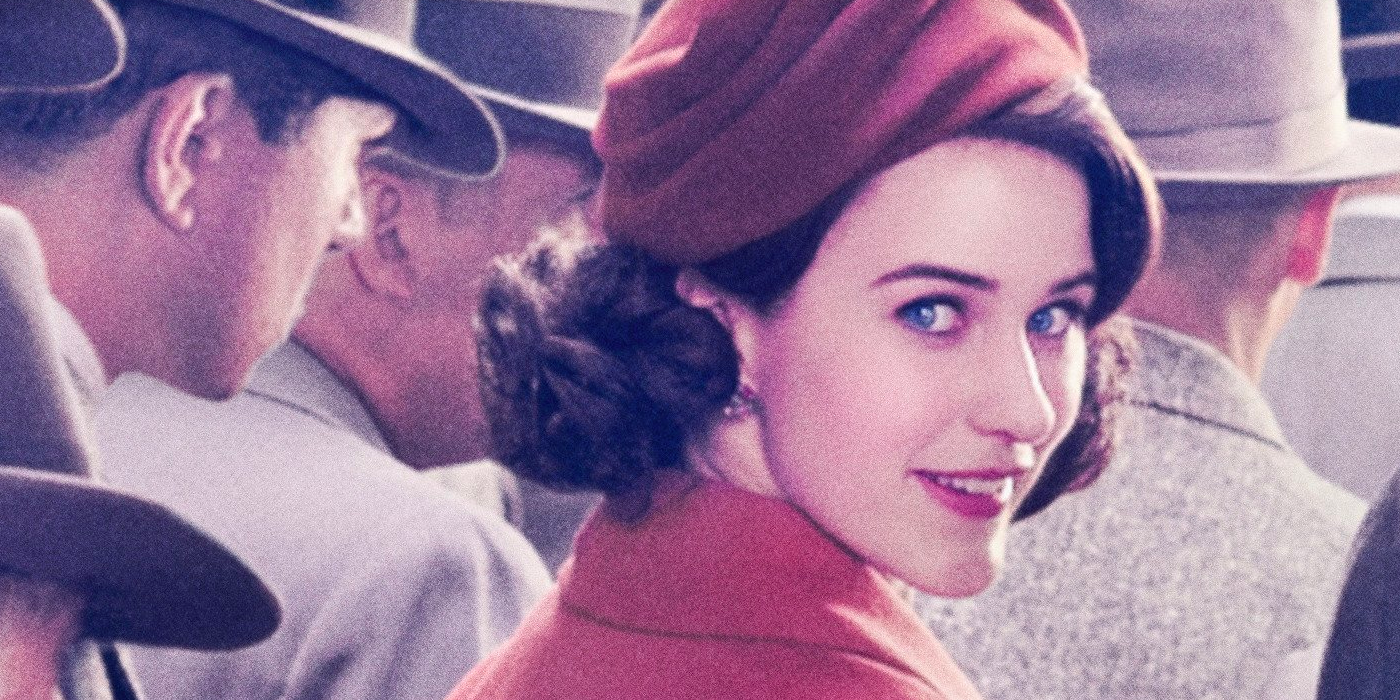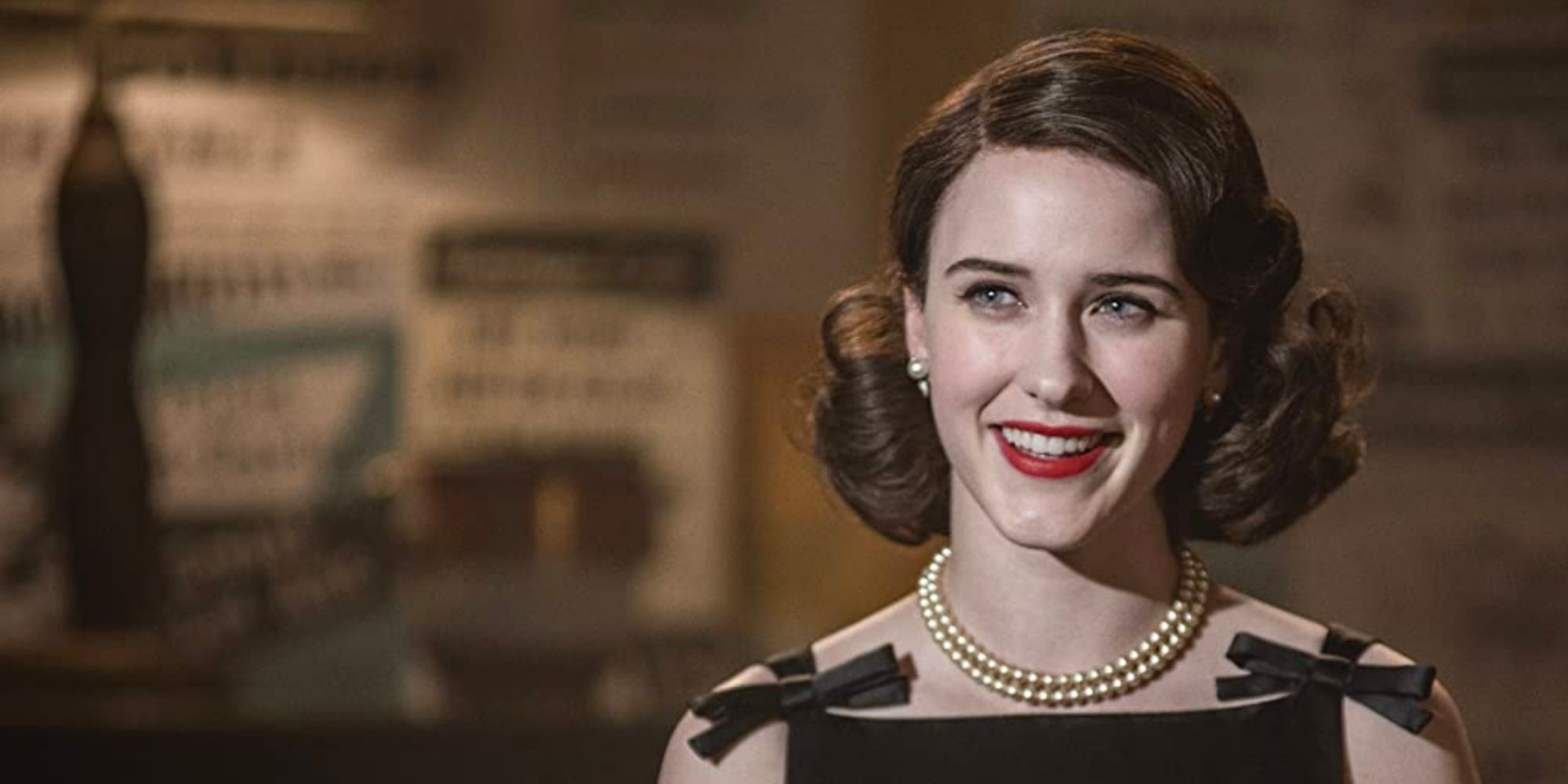
Season 3 of the Amazon Prime breakout hit, The Marvelous Mrs. Maisel, kicks off with the start of the 1960s, a decade that would see upheaval, change and the start of a social revolution. The strife of the 1960s is prevalent in the third season, both as background events and as life experiences that Midge is going through. Just as she’s finally getting a real shot with her comedy career, her family is falling apart, and she’s faced with many obstacles.
The 1960s saw the start of a social change revolution, from civil rights to women’s rights to a war that shook the nation. Season 3 of The Marvelous Mrs. Maisel addresses almost all of them. The season kicks off with Midge on a USO tour as preparation for a national tour with super-star singer Shy Baldwin. While she thinks it’s all fun and games, many of those on the USO base fail to warm up to Midge and her manager, Susie. Susie asks why everyone is so serious all the time, pointing out that they’re not even at war. But, by the end of 1960, JFK would win the presidential election and the American involvement in the Vietnam War would escalate.

Midge’s life seems to reflect the events surrounding her, with her family and home life in turmoil regarding her career path. She faces backlash from her parents and Joel, her ex-husband, over leaving her children in New York to go to Miami and Las Vegas on tour. She tries to be independent and successful but learns the hard way that fame and work aren't always guaranteed.
The Civil Rights Act of 1960 was also part of a massive change, granting more voting freedom to Black Americans in the U.S. This came in the middle of segregation and Jim Crow laws throughout the nation, with prejudice and racial injustice still a major obstacle in the fight for equality. Although it isn’t outright mentioned in The Marvelous Mrs. Maisel Season 3, racial prejudice is briefly touched on through comments about Shy’s music and his career. However, for the most part, the show seems to ignore the major struggles people of color were facing during this time. Although New York might’ve seen less discrimination than some other states in the '60s, it still would’ve been a big deal to see a Black singer touring the world as a major artist with a white woman as his opening act.
Women also sought to change the status quo in the 1960s with the women’s movement and various pro-women organizations and protests. After World War II, women were no longer content with staying home to take care of kids and clean the house. They wanted to be included in male-dominated areas and receive the same rights that men did -- the ability to work, receive equal pay, have more of a say in political and legal areas and so much more.
The Marvelous Mrs. Maisel showcases this fight over and over again by showing Midge’s struggles as a female comedian. She’s constantly the subject of jokes and sexual comments, kicked off stages depending on her joke material and faces backlash from her parents for her career choice. She fights to be taken seriously as a female comedian and struggles with learning the ropes of show business.
The series not only shows a fictional depiction of life in the 1960s, but it spotlights issues that are still prevalent in modern times. Racial prejudice, sexism and divisive political ideologies are still major issues today. Seeing them as they were in the '60s through the eyes of a woman facing her own problems is part of what makes The Marvelous Mrs. Maisel so popular. It’s a funny and entertaining throwback to a bygone era but still relevant nonetheless. Hopefully, Season 4 will continue to dive into these topics and highlight more defining issues in 1960s America.
0 Comments